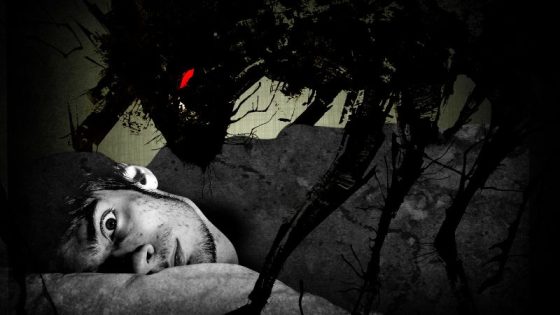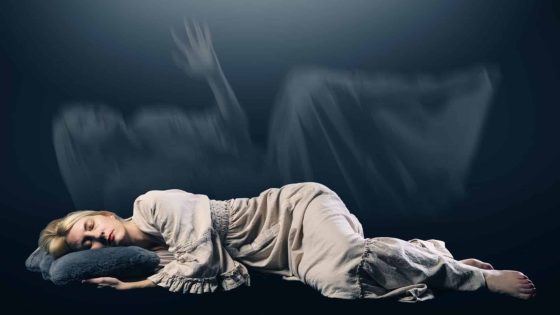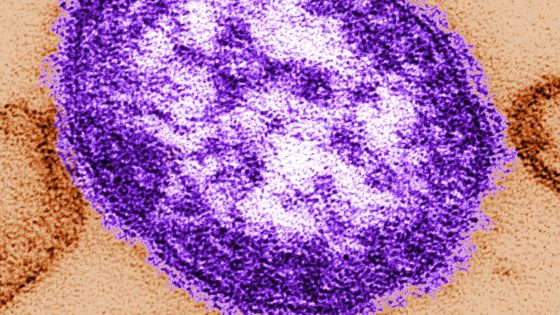Sleep paralysis is a fascinating yet frightening phenomenon that affects many individuals worldwide. On June 8, 2025, a compelling study highlighted the experiences of those who endure this condition, revealing its psychological and physiological complexities.
- Sleep paralysis causes terrifying hallucinations.
- It occurs during REM sleep transitions.
- Stress and sleep deprivation increase risk.
- Cultural beliefs influence sleep paralysis experiences.
- Healthy sleep habits can alleviate symptoms.
- Meditation relaxation therapy shows promising results.
Many people, like Baland Jalal, have described terrifying episodes where they find themselves awake but unable to move or speak, often accompanied by vivid hallucinations. Understanding sleep paralysis can help demystify these experiences and provide practical solutions.
What causes sleep paralysis, and how can it be addressed? This condition often arises from disrupted sleep cycles and can lead to anxiety around sleep. To mitigate its effects, consider the following recommendations:
- Maintain a consistent sleep schedule of 7-9 hours.
- Practice stress-reduction techniques like mindfulness.
- Seek cognitive behavioral therapy for underlying issues.
- Avoid stimulants and heavy meals before bedtime.
As research continues to evolve, staying informed about sleep health is crucial. Embracing healthy sleep practices can lead to a more restful night and reduce the likelihood of sleep disturbances.

































